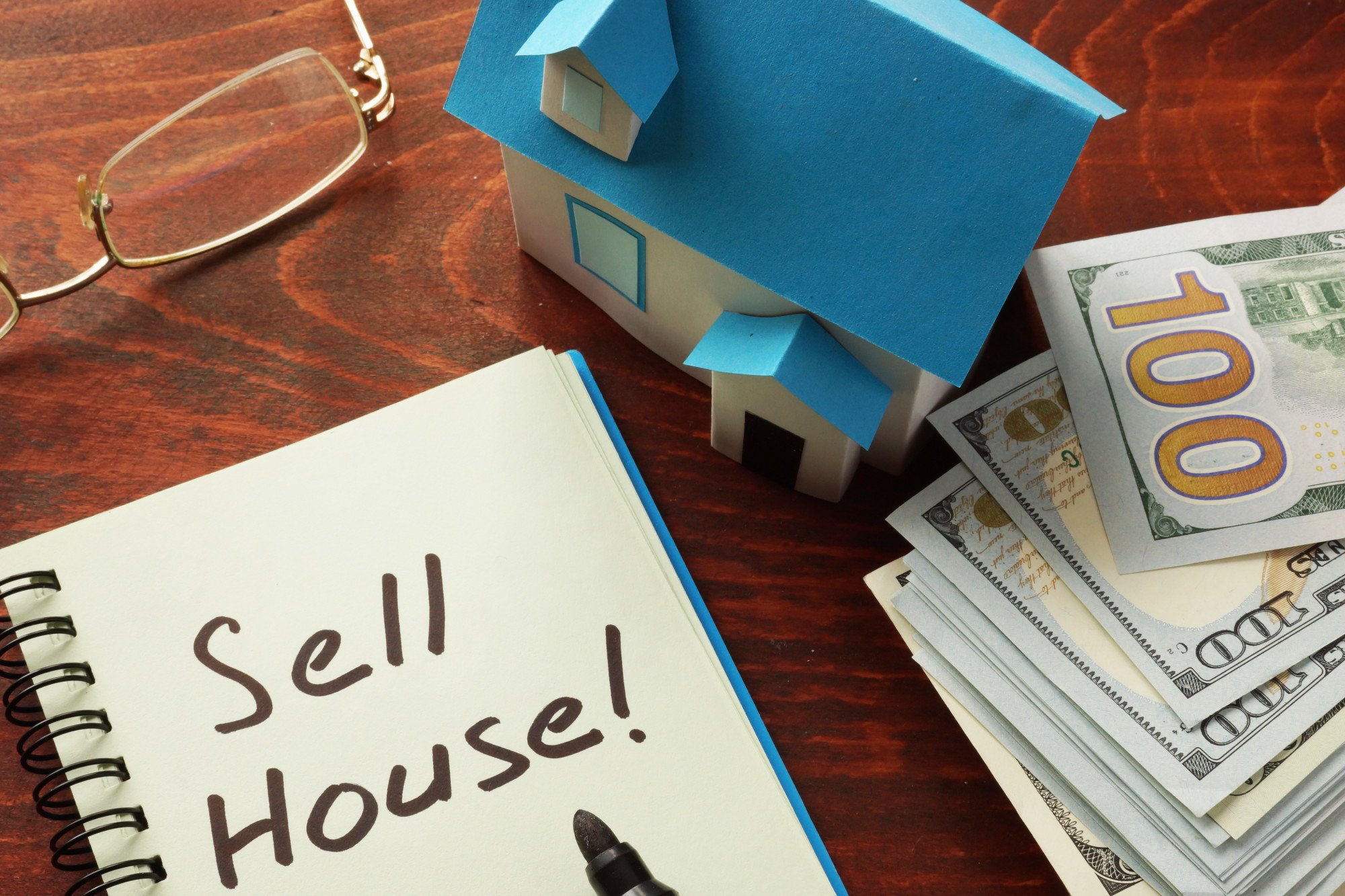
An average homebuyer will stay in the same single-family home for 13 years. But you’re anything but average. You want to sell your home and turn a small profit as soon as possible.
How soon is it possible, exactly? The answer will vary on several factors, such as your state, equity, and the housing market.
If you tap out too soon, you could lose money in the process. But on the flip side, you run the risk of missing out by waiting too long. For example, you could use your current equity to trade up to a better home.
So how long should you own a house before selling? This guide will cover some of the key elements and help you make the right decision.
1. Avoid a Capital Gains Tax
Nobody likes paying taxes. And when you’re paying taxes on the profit of your home sale, you’re losing out on tens of thousands.
But what is a capital gains tax, anyway? When you sell an asset and make a tidy profit, the government takes a little off the top. In this case, your home is the asset in question.
Thankfully, you can exclude $250,000 to $500,000 of capital gains under certain circumstances. Here’s the important one: You must have lived in your home for two of the last five years preceding the sale.
Even if the real estate market is on fire, the capital gains tax will make it impossible to find value in a short sale.
But what if your exclusion doesn’t cover all of your total profit? That’s more reason to hold on to the property.
If you sold your home within a year of buying it, you’d pay a short-term capital gain tax rate. This tends to be much higher than long-term rates which kick in once you’ve owned your home for a year or more.
2. Time the Real Estate Market
Most investors subscribe to the idea that you should never time a market. However, there’s no denying that the local real estate market has a large impact on the value of your home. It’s something you should consider before selling your house or buying another.
How soon can you sell a house after buying it?
The best time to sell depends on when you first bought the house. If you purchased the property during a dip, your home has likely gained value. That means the equity in your home has appreciated and is worth more than before.
So when can I sell my house? As soon as you’re happy with the profits you’ll receive on your current equity. Don’t try to time the market for peak real estate prices, or you may miss your window to sell.
3. Equity and Mortgage Payments
If you’re like most Americans, you took out a home loan to pay for your new property. This means you only own a portion of your house, which will increase as you make mortgage payments. This is known as equity.
When you’re just getting started, you have very little equity. The first several years of mortgage payments will mostly go towards your interest and not the principal. But the more principal you pay off, the more equity you’ll gain.
For this reason alone, it’s not advised that you sell your home for a period of at least five years. This gives you time to pay off the interest and accumulate enough equity to have a worthwhile sale.
You can get around this by making a much larger down payment when you first buy the home and by scoring low-interest home loans.
4. Remember Buying and Closing Costs
Typically, selling a home isn’t free. Most people will rely on a selling agent to handle the paperwork, as well as bring in potential buyers. While you don’t pay them up-front, they will take a commission fee of the total sale.
The commission fee varies, but it’s somewhere around 6%. Consider as well that you’ll likely be buying another home after or during the sale. That transaction will incur another commission fee for closing costs.
There are, however, some ways to get around the issue of commission fees, such as selling to an investor. This blog compares the pros and cons of either choice.
5. Consider Appreciation
There are other ways to earn appreciation than waiting on the market. Have you heard of sweat equity? By making important renovations to your home, you can increase its value.
Consider upgrading sections of your home that offer some of the biggest returns on your investment. These tend to be kitchen, basement, and bathroom renovations.
In addition to market fluctuations, these renovations will increase your home value and make a sale more profitable in less time. This technique is what home flippers rely on.
You’ll still want to worry about capital gains, so you have at minimum two years to make these renovations.
6. How Long Should You Own a House Before Selling?
There’s no exact timeframe that covers everyone and everything. You should never sell a home before a two year period to ensure you earn an exclusion on capital gains. And for the sake of your equity, you’ll probably want to hold on to your house for a minimum of five years — but it may be more.
You can calculate the point at which you’ll break even. Consider all your home expenses, including buying costs and renovations, as well as commission fees for selling your home. Subtract this from your current equity and appreciation to determine your net profit.
Maximizing Your Home Sale
How long should you own a house before selling? Since you were looking for this answer, you might be worried about more than making a profit. Maybe you’re experiencing buyer’s remorse or aren’t happy with the area.
If you truly can’t wait to move, consider selling your home now. You’ll have very little equity and pay a sizable tax on any profit, but that might be worth the price of staying in a home you hate. Otherwise, buckle up and prepare yourself for a waiting game that lasts at least five years.
Looking for more real estate advice? Take a deep dive into our blog.
